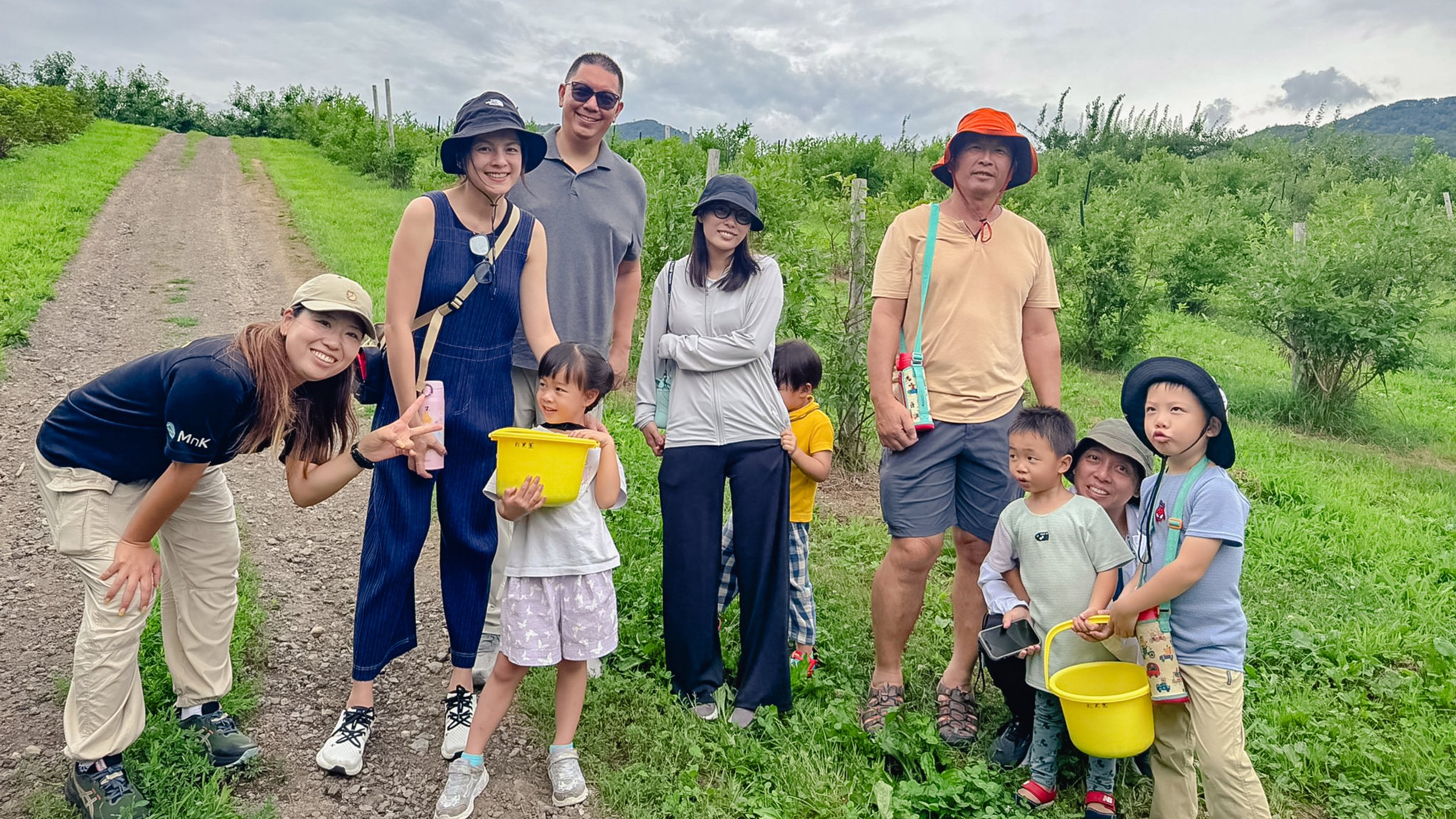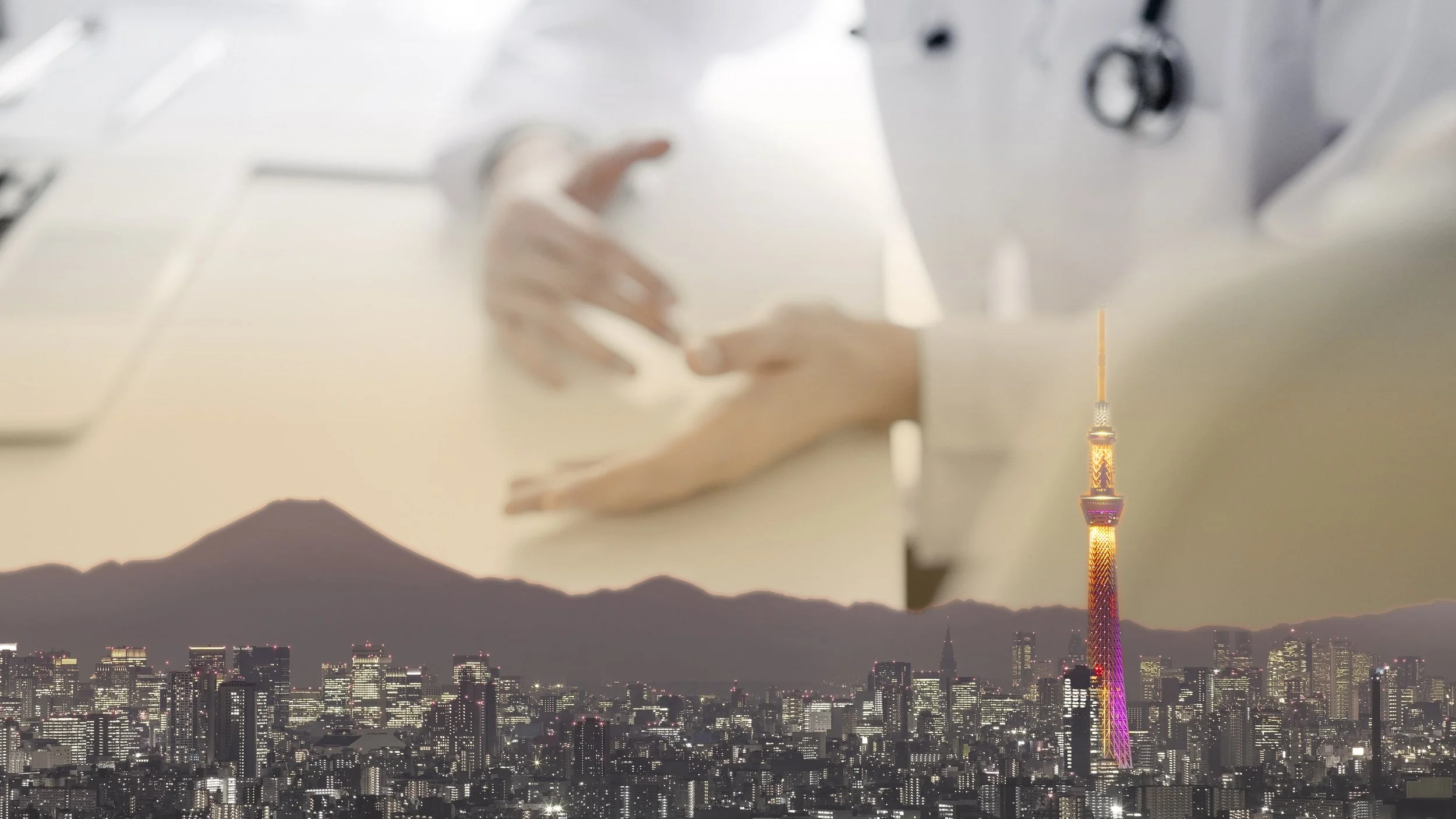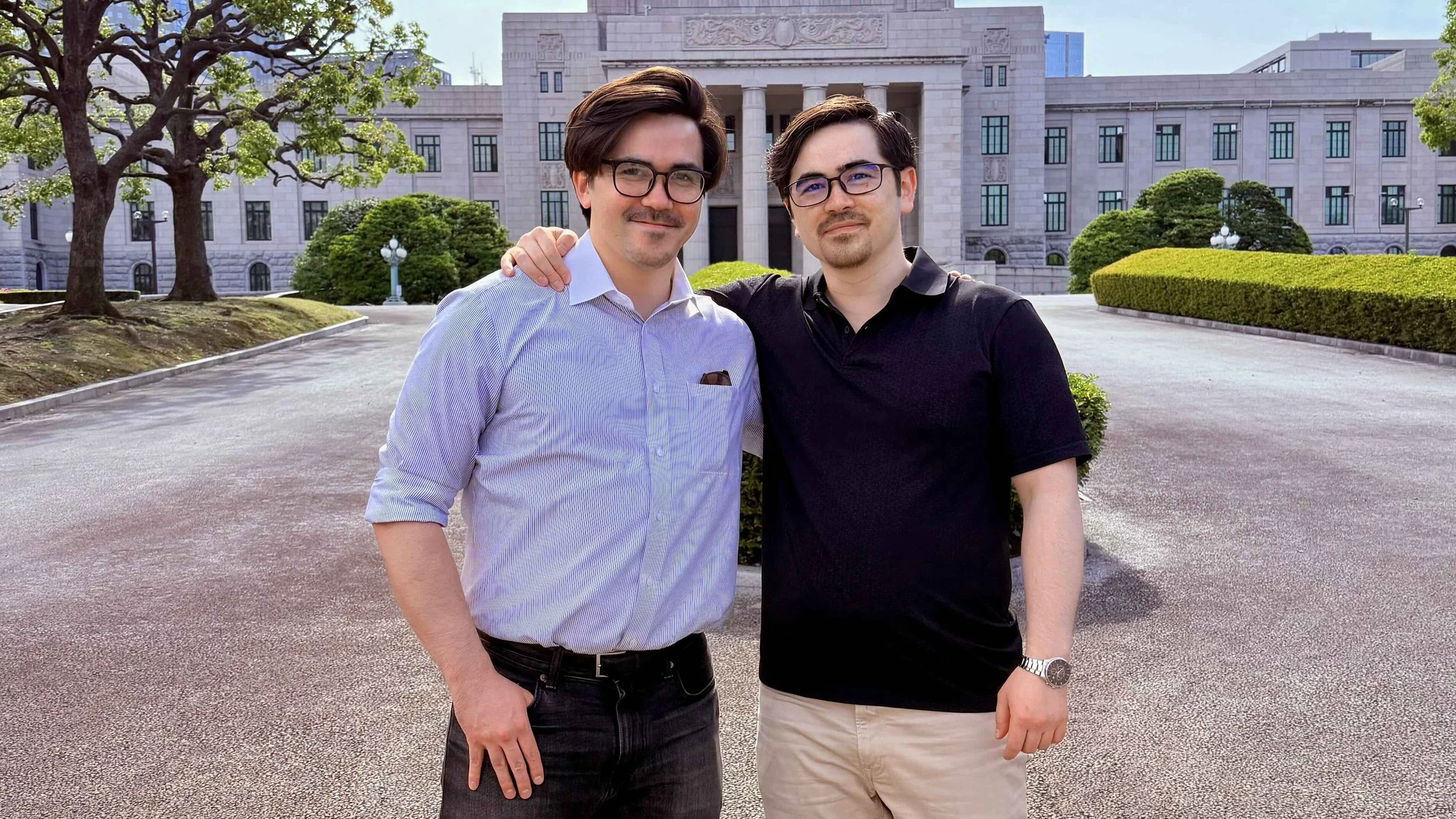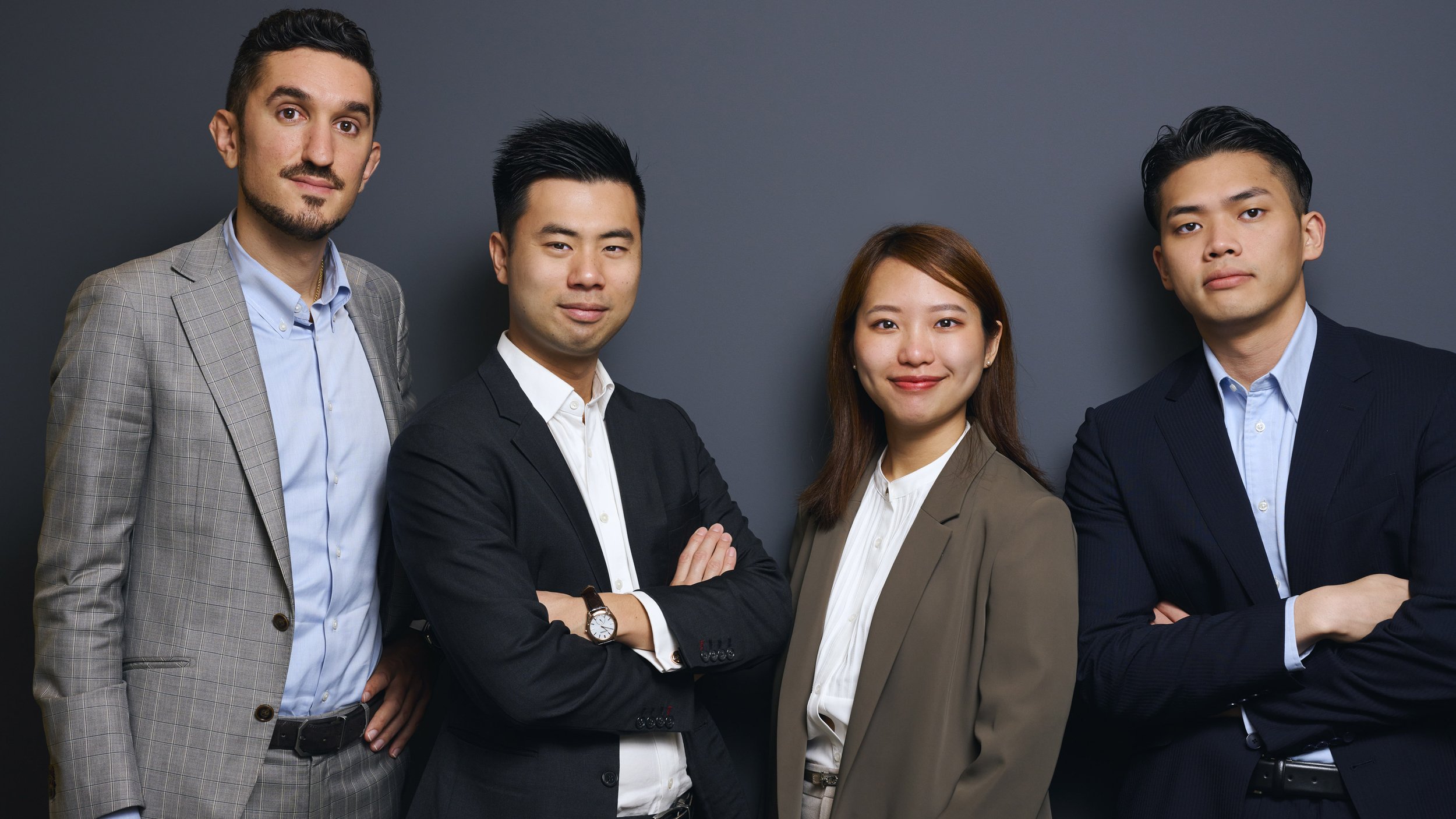Partner Content
Rooted in strategic insight, powered by creative storytelling, and committed to measurable results, AIM B2B arrives when many respected brands are seeking stronger, smarter ways to connect with increasingly sophisticated and demanding B2B audiences.
Bringing more than 160 years of UK educational history to western Tokyo, Malvern College’s Kodaira campus offers an international learning environment with small classes, outstanding facilities, and and strong support.
For many travelers, Niseko is synonymous with winter. But with year-round operations, MnK is offering programs that help children build confidence, develop problem-solving skills, and forge friendships that extend beyond summer.
Falling ill far from home can feel unsettling, even in a world-class metropolis such as Tokyo. Tokyo Medical Concierge offers clear, compassionate care in English.
Public affairs in Japan is undergoing rapid transformation, moving from a behind-the-scenes function to a strategic driver of competitiveness. Gemini Group, founded by Kelly and Mickey Langley, represents a new approach that is values driven, culturally fluent, and digitally empowered.
For more than 36 years, The British School in Tokyo (BST) has welcomed families from around the world. In 2025, BST was named to the Spear’s Index Top 100 Private Schools in the World list—recognition of its continued commitment to educational excellence.
Deloitte Tohmatsu’s Japan Incentive Insights web tool helps companies find opportunities to invest in Japan.
Grant Thornton explains often-overlooked tax benefits that can help offset expenses for young families in Japan.
Musical flourishes in Japan’s central city of Hamamatsu beckon travelers seeking artful experiences. Explore the heart of Japan’s musical instrument industry.
Finding a doctor and overcoming the language barrier can be a challenge. ROAM Medical helps you get the care you need wherever you need it.
AI's ability to analyze considerable amounts of information quickly offers great potential for auditors. How is this rapidly evolving tool impacting the audit process?
One thing the pandemic laid bare was the fragility of supply chains. Companies are taking the lessons learned, but for Japanese companies, shifting gears can be difficult. How can they connect with the right leaders?
Japan has long been seen as an attractive destination for companies expanding operations globally. This trend is more obvious today. But what causes foreign capitalists to succeed or fail in Japan?
An increase in taxes on high-net-worth individuals is on the horizon. Here's how it will impact business and real estate owners beginning January 1, 2025.
The International Federation of Accountants has updated the International Standard on Auditing 600 (ISA 600), and the revised standard went into effect on December 15, 2023. What are the advantages and disadvantages of the revisions when it comes to group audits?
With two new sustainability standards in effect for annual reporting as of January 1, 2024, companies may need to reassess their internal controls to ensure they are compliant with disclosure requirements.
As a tourist destination for inbound visitors, Fukui Prefecture often gets short shrift, especially compared with more glamorous neighbors such as Kyoto and Ishikawa Prefectures. But this may start to change when the Hokuriku Shinkansen adds Fukui, Tsuruga, Awara Onsen, and Echizen Takefu Stations to its pit stops in March 2024.
Looking to enter the Japan market? Want to improve your existing operations? As part of Kreston Global, the world’s 13th-biggest accounting network and 10th-biggest in Japan, Kreston ProWorks helps companies establish a foothold in Japan.
Despite being a nation renowned for assimilating advanced machinery and technology into everyday life, the reality of Japan’s IT workforce paints a very different picture. But Robert Half Japan is supporting clients undergoing digital transformation and is seeing promising progress.
Many visitors to Japan are familiar with the Tokaido Shinkansen. What they may not know is that the tracks run alongside an ancient route built not for bullet-train carriages but rather palanquins. We take a tour through Kanagawa Prefecture to explore past and present.
While Tokyo has established itself as one of the world’s leading urban centers, it can still improve its cultural magnetism, livability, and attractiveness for overseas businesses. Helping the city rise in the world’s esteem by gradually transforming Tokyo is at the heart of Mori Building’s mission.
As digital transformation touches every aspect of how we work and communicate, businesses face ever more complex challenges. The evolution of cybersecurity means that companies must rethink how they hire for this critical task. Robert Half shares how to secure the best cybersecurity talent.
On December 16, 2022, the Government of Japan released its 2023 tax reform proposals. The amendments contain changes to the rules related to gifts and inheritance tax. The proposals are usually promulgated into law by the end of March and enter into force on April 1. Here is an overview of what to expect.
There are many reasons to visit Fukui, a small tadpole-shaped prefecture facing the Sea of Japan. It’s home to a bevy of traditional crafts, magnificent temples, rugged landscapes, and some of Japan’s best freshly caught winter crab and sweet shrimp. All this begs the question: Why isn’t Fukui more well-known? We take you on a visit.
The glass panel separating the Enoura Observatory’s gallery from Sagami Bay erupts in an orange glow. It’s the summer solstice and the sun rises in perfect alignment with the long, narrow gallery designed by Japanese contemporary artist Hiroshi Sugimoto. The fiery spectacle is just one of the wonders that awaits travelers in Kanagawa Prefecture.
In May 2023, the G7 Summit will be hosted in Hiroshima against the backdrop of a severe global energy crisis and supply chain disruptions that are stoking the fires of inflation, shaking consumer confidence, and threatening the most economically vulnerable in our society. METI will focus on three key policy areas: trade, climate and energy, and digitalization.
Home to a buzzing community that melds business and art with innovation and tradition, Toranomon is one of Tokyo’s most vibrant and interesting neighborhoods. And later this year, the area will take a bold step with the opening of Toranomon Hills Station Tower.
To help Japan capture a market forecast to grow to up to $4 trillion by 2040, METI has created an $8 billion fund to support biomanufacturing, a field that encompasses technologies which leverage genetic technology to maximize the ability of microorganisms to produce substances.
Hakuba Hotel Group (HHG) has been a driving force behind the development of the area over the past 10 years and manages a portfolio of more than 50 premium chalets and apartments situated in prime locations surrounding the Happo-One Resort. ACCJ members get 10 percent off at any HHG property this winter.






























